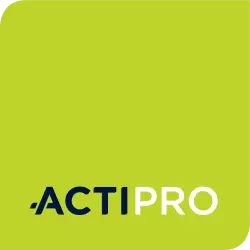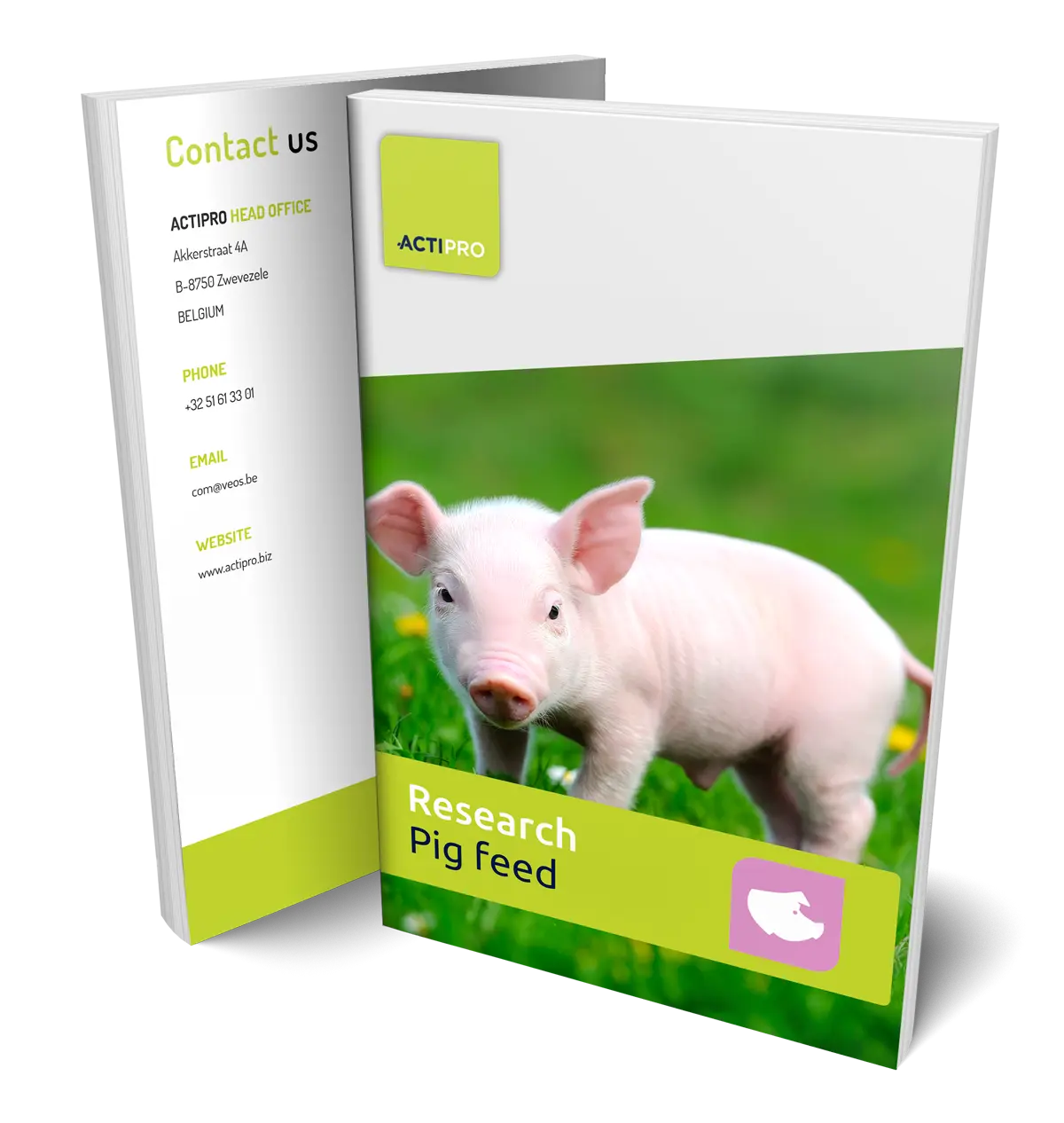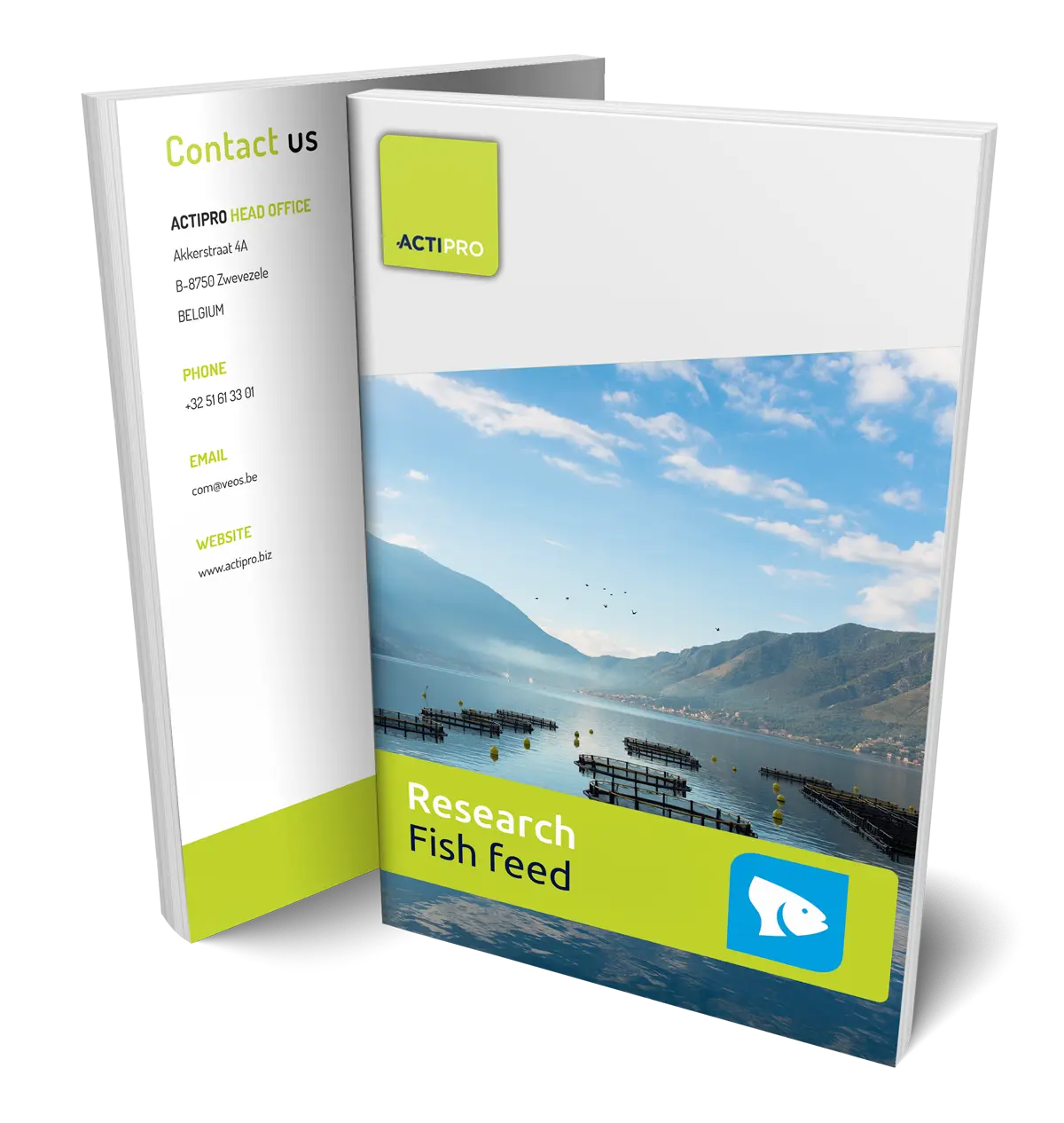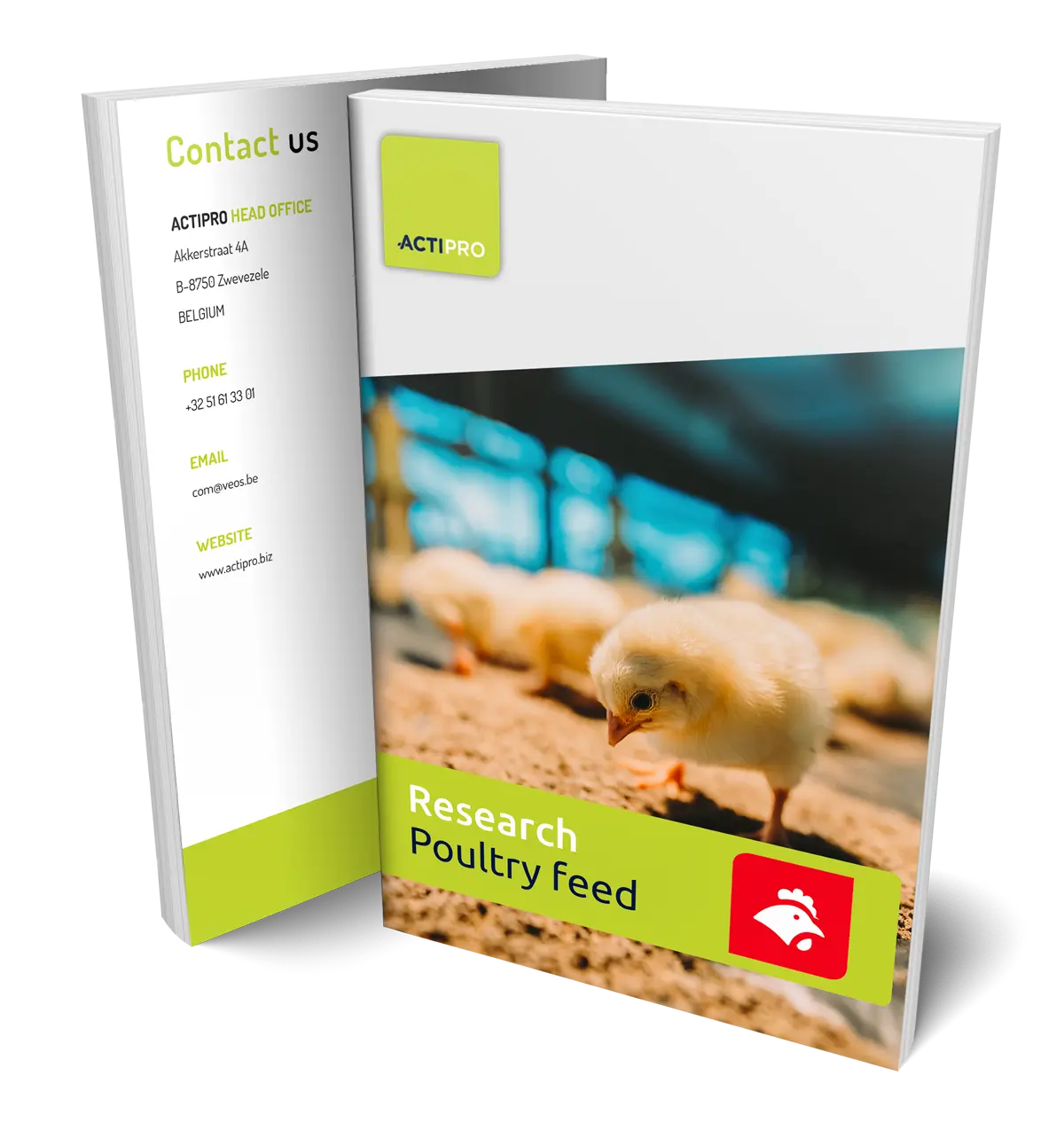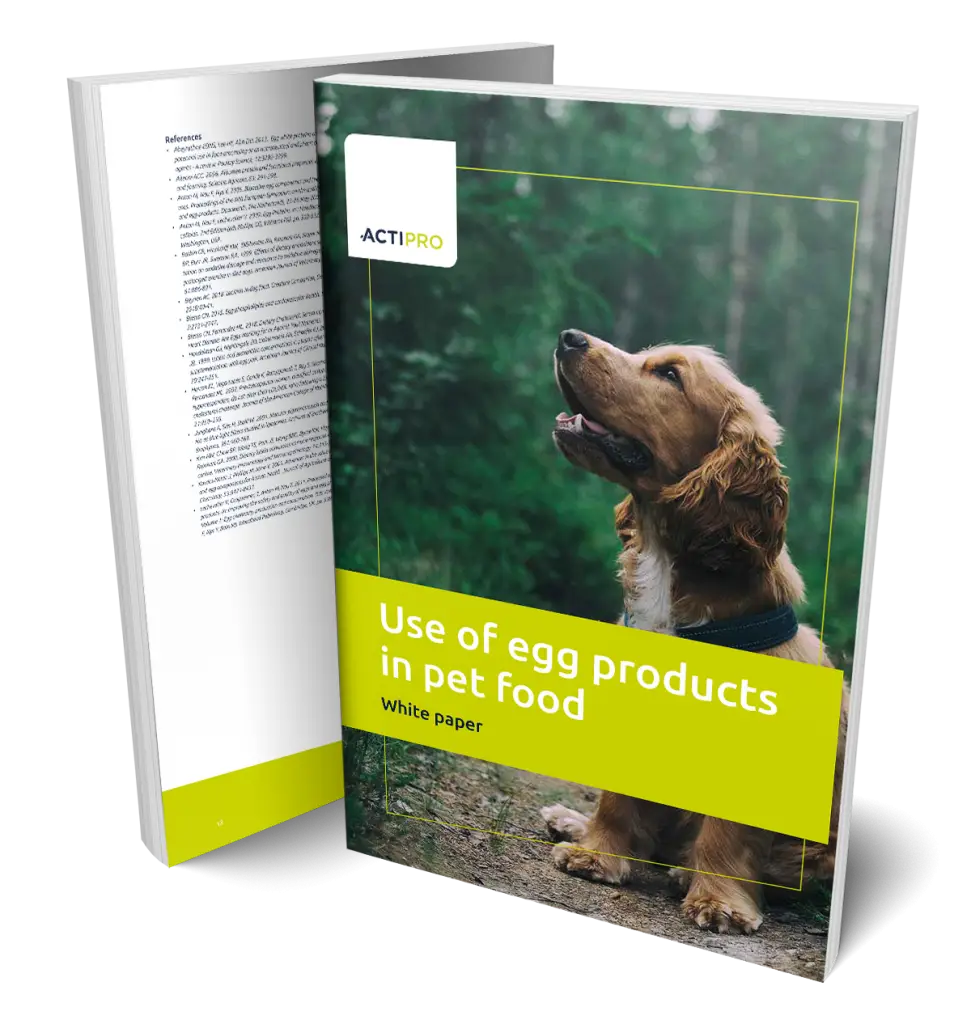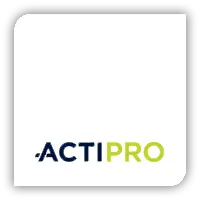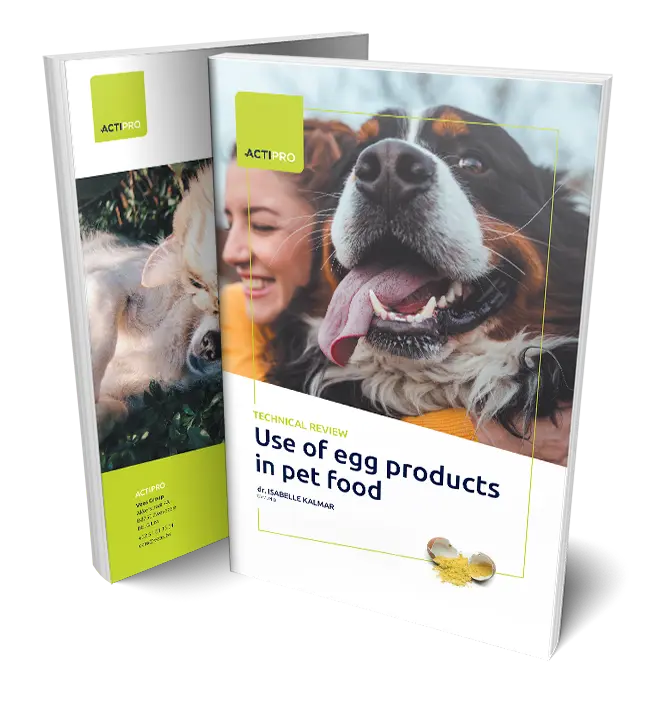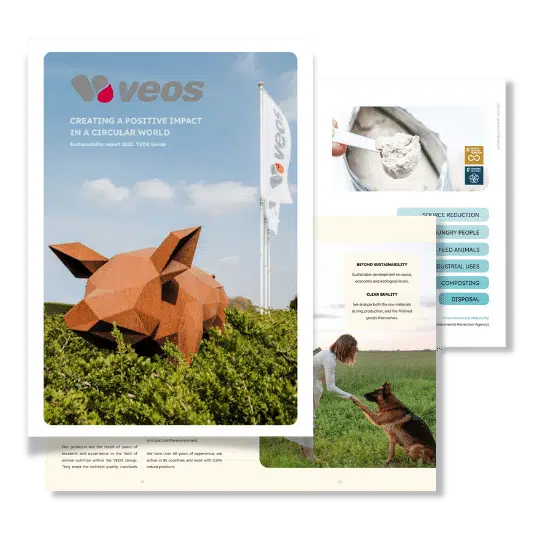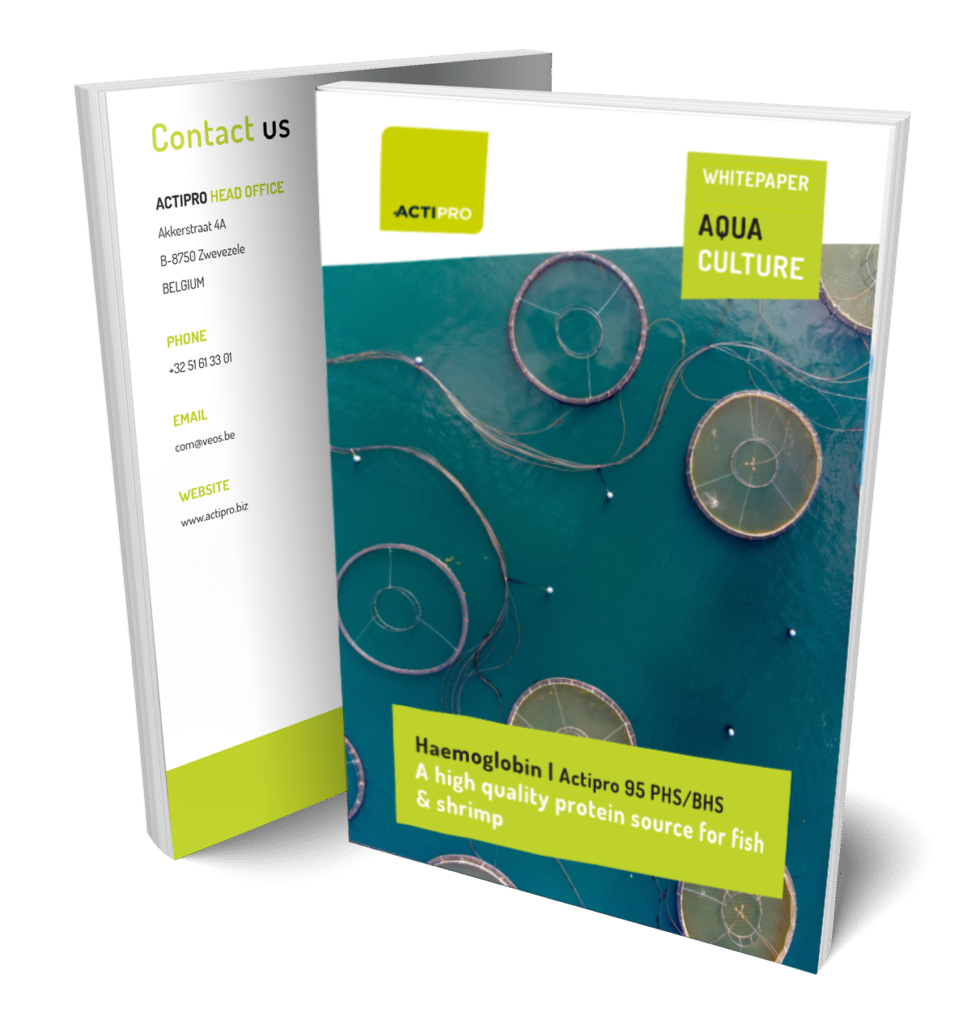A1 Article
Veterinary Microbiology 2015
Emergence of porcine epidemic diarrhea virus (PEDV) resulted in massive neonatal mortality in the North-American and Asian pork industry. Measures to prevent its geographical spread are of utmost importance to safeguard susceptible porcine populations. The major infection route is direct or indirect faecal-oral contact. Adequate biosafety measures should be in place at all levels of the swine production chain, including feed and feed ingredients. Present study aimed to investigate the sensitivity of PEDV to thermal inactivation at neutral and alkaline pH in presence or absence of porcine plasma. Cell culture medium and porcine plasma at different pH (7.2, 9.2, 10.2) and temperature conditions (4 C, 40°C, 44°C, 48°C) were inoculated to a final titer of 5.5 log10 TCID50 PEDV/ml, incubated for up to 120 min and the residual infectivity was determined by endpoint dilution assay. Irrespective of presence of plasma, PEDV was not sensitive to pH 7.2–10.2 at 4°C. At moderate temperatures (≥40°C), both alkaline pH and presence of plasma potentiated thermal inactivation. Inactivation of 8 log10 TCID50/ml plasma within 30 min (8D value < 30 min) by moderate pH and temperature would denote potential industrial processing conditions that ensure safety towards PEDV while limiting denaturation of bioactive components. Virus-spiked plasma required heat treatment of 40°C and alkalinization to pH 9.2 to achieve 8 log10 reduction within such time. At pH 10.2 and 48°C, the 8D value was 4.6 min in plasma and 15.2 min in MEM. Here we propose heat-alkalinity-time (HAT) pasteurization as a highly efficient method to inactivate PEDV during industrial processing of porcine plasma.
